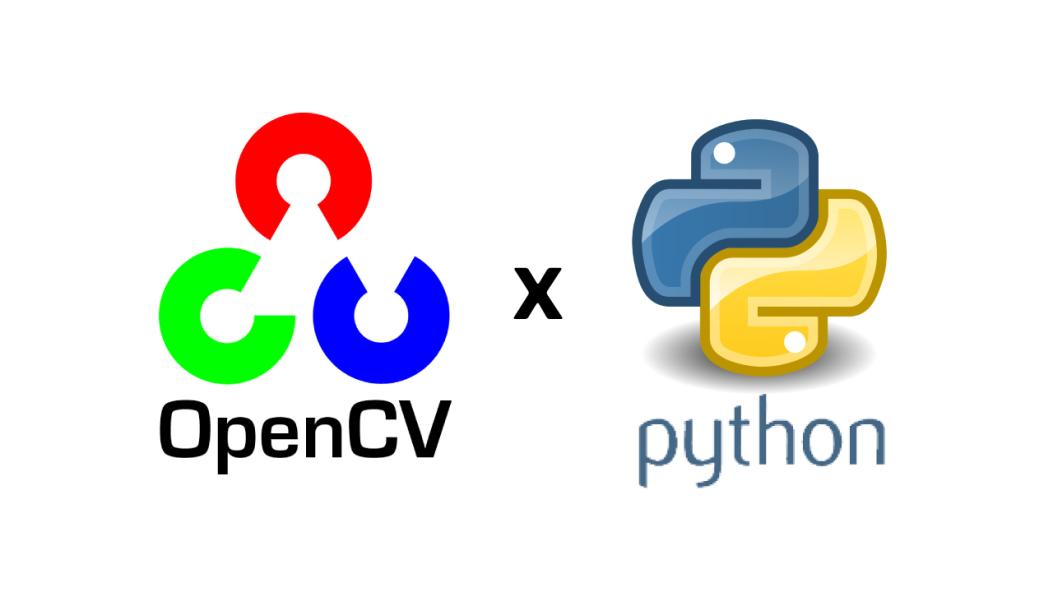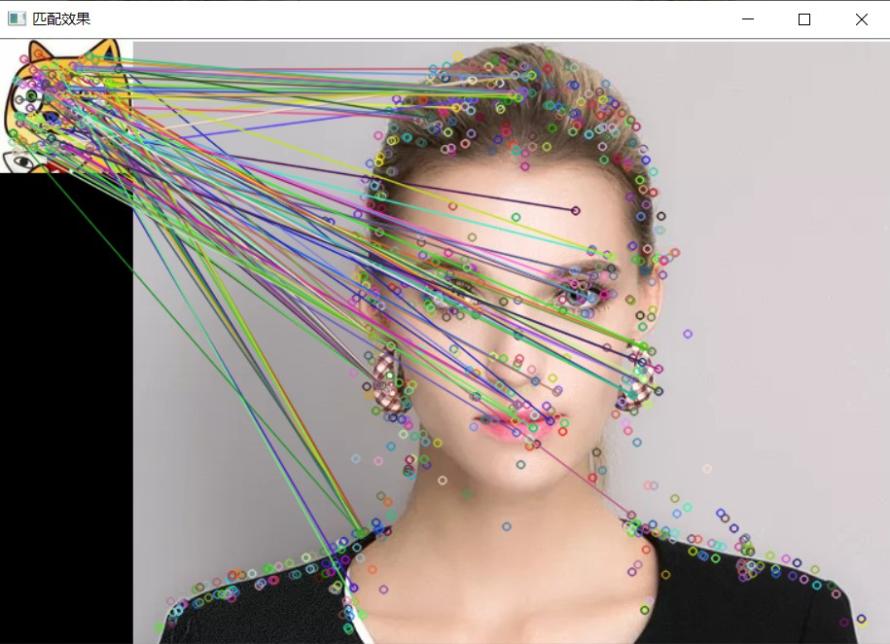How Can OpenCV Be Used to Improve Government Accountability?
In the modern era of digital governance, transparency and accountability are paramount for fostering trust between citizens and their governments. OpenCV, an open-source computer vision library, offers a powerful toolkit that can be leveraged to enhance government accountability in various ways.

OpenCV For Document Analysis:
Government operations involve a vast amount of paperwork, making document analysis crucial for efficient and transparent governance. OpenCV can be employed to:
- Optical Character Recognition (OCR): Extract text from documents, enabling digitalization and easy searchability of records.
- Document Classification: Categorize documents based on keywords or patterns, streamlining document management and retrieval.
- Data Extraction: Extract structured data from forms, invoices, and other documents, automating data entry and reducing errors.
Enhancing Transparency Through Visual Data:
Visual data plays a significant role in government communication and decision-making. OpenCV can be utilized to:
- Infographic Analysis: Analyze infographics, charts, and graphs to extract insights and trends, aiding in evidence-based policymaking.
- Object Detection: Detect and classify objects in images, assisting in asset tracking, inventory management, and infrastructure monitoring.
- Surveillance and Security: Monitor public spaces using surveillance cameras, enhancing safety and security while ensuring responsible use.
Fraud Detection And Prevention:
Fraudulent activities can undermine public trust in government institutions. OpenCV can contribute to:
- Anomaly Detection: Detect anomalies and suspicious patterns in financial transactions, preventing fraud and misuse of public funds.
- Behavioral Analysis: Analyze facial expressions and body language in video footage to identify potential deception during interviews or public interactions.
- Biometric Authentication: Implement biometric authentication systems to prevent unauthorized access to sensitive information and facilities.
Public Engagement And Participation:

Engaging citizens in government decision-making is essential for democratic governance. OpenCV can facilitate:
- Social Media Analysis: Analyze social media feeds in real-time to gauge public sentiment and opinions on government policies and initiatives.
- Citizen Reporting Platforms: Develop image-based citizen reporting platforms for transparent grievance redressal, allowing citizens to report issues directly to authorities.
- Interactive Data Visualization: Create interactive data visualization tools that enhance public understanding of government policies and budgetary allocations.
Case Studies And Real-World Applications:
OpenCV has been successfully used in various government settings to improve accountability. Notable examples include:
- India: The Unique Identification Authority of India (UIDAI) uses OpenCV for facial recognition in its Aadhaar biometric identification system.
- United States: The Federal Bureau of Investigation (FBI) employs OpenCV for facial recognition and image analysis in criminal investigations.
- United Kingdom: The London Metropolitan Police Service utilizes OpenCV for object detection and tracking in surveillance systems.
Challenges And Limitations:
While OpenCV offers immense potential, there are challenges to its adoption in government settings:
- Privacy Concerns: The use of facial recognition and surveillance technologies raises concerns about privacy and potential misuse.
- Data Security: Ensuring the security of sensitive data processed by OpenCV applications is crucial to prevent unauthorized access and breaches.
- Ethical Considerations: The ethical implications of using OpenCV for government surveillance and monitoring need to be carefully considered.
OpenCV presents a powerful tool for promoting government accountability and transparency. By leveraging its capabilities in image and video processing, governments can enhance document analysis, analyze visual data, detect fraud, engage citizens, and improve public trust. Addressing challenges related to privacy, data security, and ethical considerations is essential for responsible and effective use of OpenCV in government settings. As technology continues to evolve, OpenCV's potential to transform government accountability is immense, fostering a more open, transparent, and responsive governance.
OpenCV empowers policymakers, technologists, and citizens to collaborate in harnessing the power of computer vision for a more accountable and transparent government. By embracing OpenCV's capabilities, we can strive towards a future where governments are held accountable for their actions, fostering trust and ensuring that public resources are utilized responsibly and effectively.
YesNo

Leave a Reply